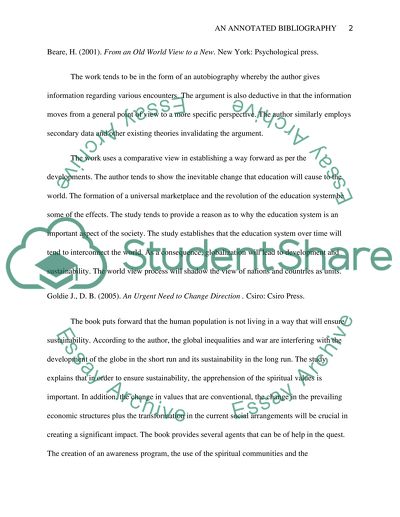Cite this document
(“Globalization ,development and sustainability from education course Annotated Bibliography”, n.d.)
Globalization ,development and sustainability from education course Annotated Bibliography. Retrieved from https://studentshare.org/education/1655964-globalization-development-and-sustainability-from-education-course
Globalization ,development and sustainability from education course Annotated Bibliography. Retrieved from https://studentshare.org/education/1655964-globalization-development-and-sustainability-from-education-course
(Globalization ,development and Sustainability from Education Course Annotated Bibliography)
Globalization ,development and Sustainability from Education Course Annotated Bibliography. https://studentshare.org/education/1655964-globalization-development-and-sustainability-from-education-course.
Globalization ,development and Sustainability from Education Course Annotated Bibliography. https://studentshare.org/education/1655964-globalization-development-and-sustainability-from-education-course.
“Globalization ,development and Sustainability from Education Course Annotated Bibliography”, n.d. https://studentshare.org/education/1655964-globalization-development-and-sustainability-from-education-course.


